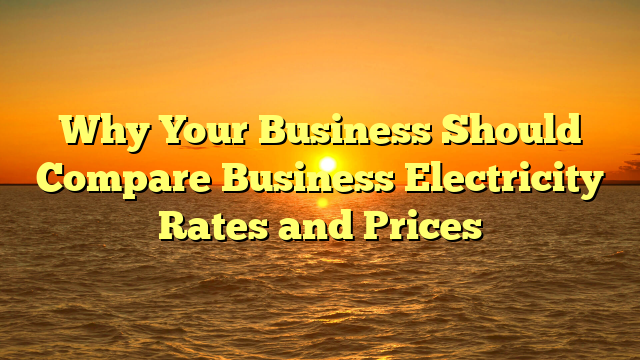Energy-efficient lighting
Before you sign a contract, compare the prices and electricity rates for your business. This will allow you to save money on your energy bills. There are a variety of business electricity rates that vary greatly and they can differ greatly from one company to the next. Check your bills to determine the electricity provider you are using.
Lighting is one of the largest energy costs for the business. On average, commercial lighting consumes seven kWh per square foot. You can lower the cost of electricity by changing your working hours and investing in energy-efficient commercial lights.
Variable-rate tariffs
A business can choose between either a fixed rate or variable rate rate when arranging an electricity contract for the first time. A fixed rate tariff is typically less expensive than a variable rate. This tariff is more affordable than a variable rate tariff however it can save businesses as much as 3 to 5 percent per month on their electricity bills. A variable-rate plan is similar to a fixed-rate tariff however, it is dependent on a unit rate determined by the energy company.
The fixed-rate energy tariff for business, on the other hand is locked in the cost of electricity per kilowatt-hour for the duration of the contract. Businesses who sign to a fixed-rate contract are locked into an amount of time, typically between one and three years, however some providers will offer contracts for five years. Fixed-rate rates give businesses the chance to lock in a rate for a specified period of time and avoid price increases. A fixed-rate rate doesn’t cover the pass-through cost, such as transmission costs.
Climate change Tax
The Climate Change Levy (CCL), an environmental tax on gas and electricity, encourages businesses to reduce carbon emissions as well as reduce their energy consumption. The levy applies to business customers in the public services, commercial, and agricultural sectors, and is determined based on the amount of energy a business uses. The government sets the CCL amount each year.
Businesses that use electricity or gas for lighting or heating will be charged the Climate Change Levy. Businesses that utilize electricity to power businesses will also be subject to a Carbon Price Support Rate. These rates will reduce the carbon footprints for these companies.
Change suppliers
It can be difficult to switch providers for business electricity. While the process of switching your domestic energy supplier is faster, a commercial energy switch can take anywhere from to six weeks. During compare business electricity will request supplies and begin to provide them on the same day as your old contract ends. As a result, you should begin searching for a new supplier at least six months before your current contract ends. Once you have identified a supplier, notify them of the deadline of your current contract in order for them to begin providing you with.
When you switch suppliers for electrical power for your business, you need to be aware of your rights and obligations. If your current contract is for a fixed time period it could be required to switch to the default rate. It is best to change at the end your current contract in these situations to avoid being stuck with a large default fee. It is also recommended to give your current provider plenty of notice in order to ensure that they don’t object to the change. The switch will usually go much faster if it is given your supplier plenty of notice.


